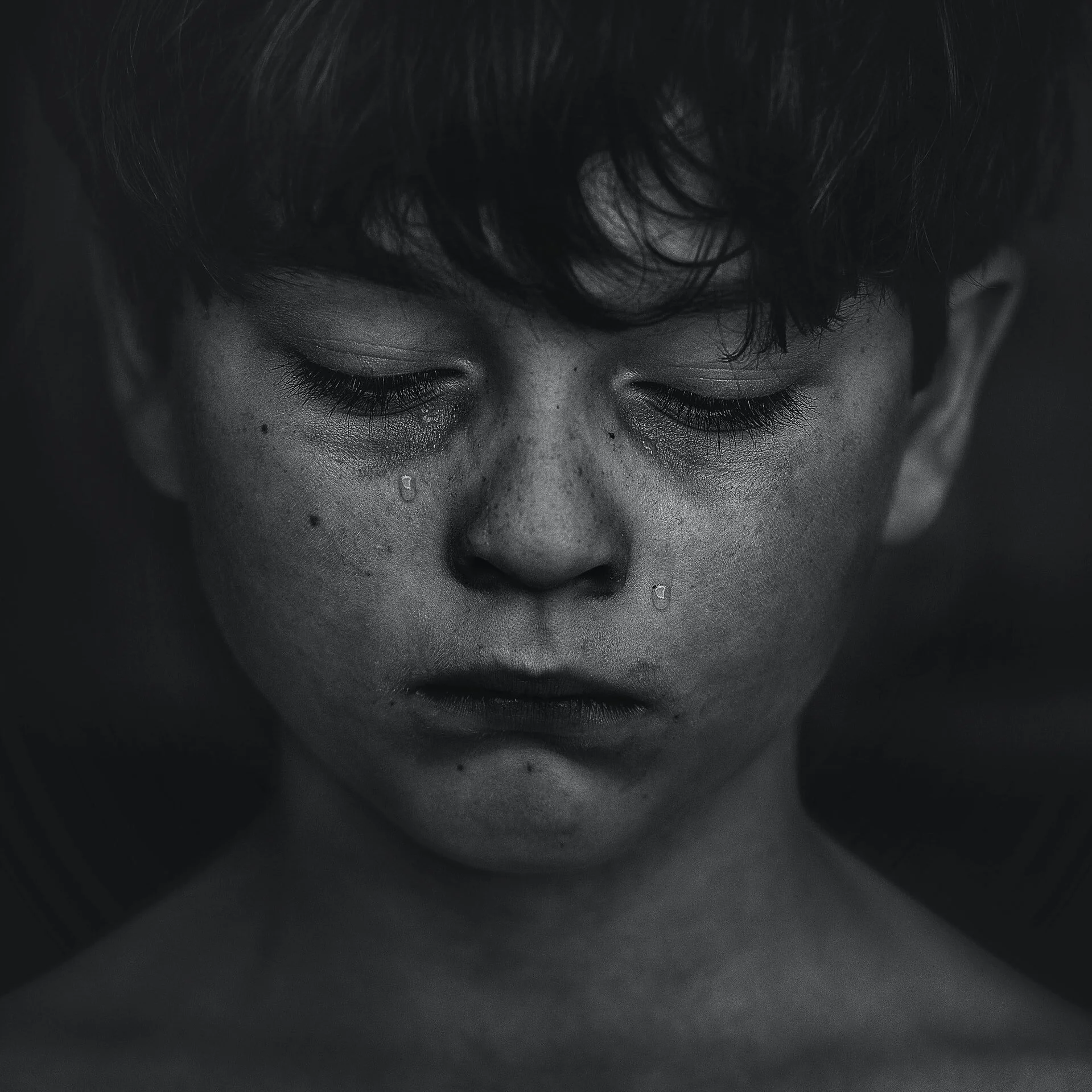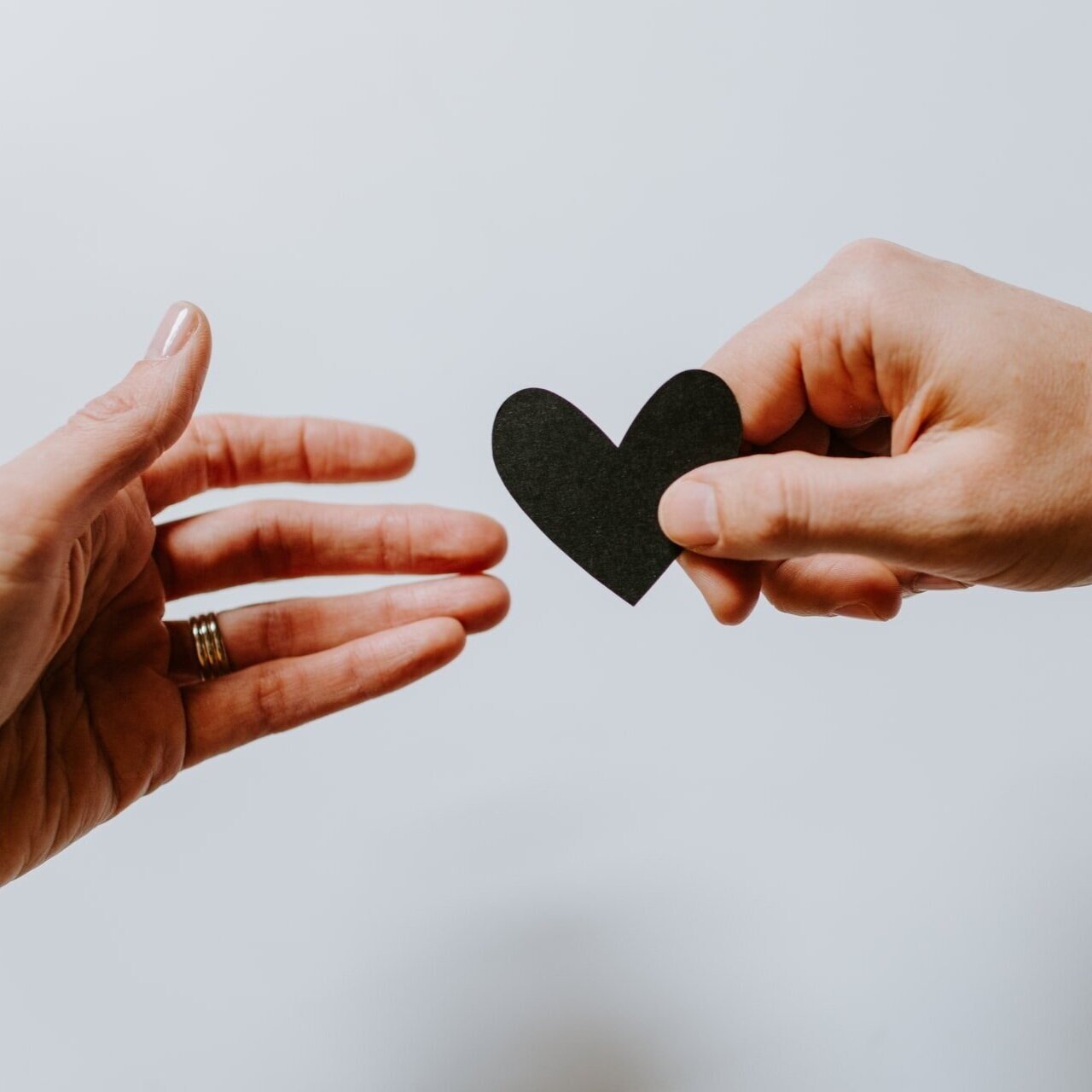Growing up, you may have known someone who had free reign to do whatever they wanted, no rules, no consequences, etc. At the time, you may have thought, “how lucky they are to have ‘cool parents.’” To a teen, this does sound great; having parents who constantly wanted to please them and make sure they were always having fun.
Read MoreWhen a tragedy like a recent school shooting occurs, we all feel a little shaken up. Some very tough questions also come up, for kids and adults alike. “Why did this happen? Is anyone really safe? Can this happen in my town?”
Read MoreThe summertime can be a place of nostalgia for kids everywhere. It’s warm, sunny, and school free. However, for parents, summer can be a stressful time. Also, different age groups require specific things and transitions for the start and end of summer. Here are some tips for smooth transitions into summer.
Read MoreWe all want our daughters to be secure in themselves and make positive choices in their lives. We want them to feel good about the way they look and recognize each of their individual talents. We want them to be prepared to work through their own problems and grow up to be a healthy and happy adult. As parents, why does it seem so challenging at times to encourage resiliency?
Read MoreParents today are juggling demanding jobs and household responsibilities while trying to work on challenging child behaviors in the bargain. A few simple parenting techniques are suggested by Daniel J. Siegel, M. D., in his book “The Whole-Brain Child.”
Read MoreEmotional intelligence (EI) is the capacity to reflect on your own thoughts, feelings, and actions. It also means you are aware of the wishes, beliefs, and emotions of the people around you.
Read MoreSometimes, it can be hard to keep up with social media and what your kids are seeing online. There are constantly new trends and new social media platforms that change right as you are getting caught up.
Read MoreOur brains are constantly processing the information we receive every day and storing it as memories for us to use later. When someone experiences a traumatic event they often have very strong negative feelings associated with it, which can disrupt the brain’s information processing.
Read MoreThe brain’s information processing system naturally moves toward mental health. If the system is blocked or imbalanced by the impact of a disturbing event, the emotional wound festers and can cause intense suffering.
Read MoreIn the United States, about 30 million people (all genders and ages) have an eating disorder. Some commonly known eating disorders include anorexia, bulimia, and binge eating. An unfortunate stigma that comes with these can make it difficult for people to talk about. Pushing off something like this can make it extremely difficult for those who need it to seek help.
Read MoreThere are inescapable images in our society of how a man or woman’s body should look. This pressure to fit into the mold often causes people to develop an Eating Disorder.
Read MoreWe see it all over television and the internet. This idea of a perfect love, a “happily ever after.” But how realistic can it all be?
Read MoreRelationships are a commitment, through the ups and the downs. It is essential to know the difference between typical relationship flows and abuse, but assuming everything is within healthy boundaries, times may still get challenging.
Read MoreThe topic of abusive relationships seen from a friend’s perspective can feel like a lose-lose situation all around. If you don’t step in and do something for your friend, they are going to be stuck in a toxic relationship. If you do step in, you fear they will not leave and end up resenting you. So when it is the right time to take action?
Read MoreAll’s fair in love and war, right? Not quite. It is not having conflict in your relationship that is the problem…in fact, all relationships have conflicts.
Read MoreResearch shows that if couples do not continue to put energy into a relationship, it deteriorates.
Read MoreBeing in a relationship, getting to know someone and building intimacy requires being vulnerable. This is hard for anyone.
Read MoreThere are many characteristics that one can look for in a partner to be sure they are starting a healthy relationship, and it goes deeper than just wanting to find someone with similar interests and a sense of humor.
Read MoreMany people recognize that they are being mistreated or even abused, but choose to stay in the relationship for a number of reasons.
Read More



















